







Read More
Students with a science background can pursue a career in physiotherapy. To practice as a physiotherapist or work professionally in a hospital or clinic, one must have a Bachelor's degree. The course provides students with a fundamental understanding of the human body based on medical sciences and training in therapy procedures and related skills. Course topics include anatomy, physiology, pathology, pharmacology, psychology, medical and surgical conditions, biomechanics, kinesiology, disability prevention, rehabilitation, and others. The course includes practical components, such as an internship where students work under professional supervision at various hospitals and institutions. Good interpersonal skills are important for physiotherapy as it is a patient-centered field. To excel, a physiotherapist must have strong analytical and logical reasoning, scientific reasoning and problem-solving skills, the ability to memorize and recall scientific facts, manual dexterity, physical stamina, patience, a sympathetic approach, a desire to help people, level-headedness to handle emergencies, mental and emotional fortitude, teamwork, good observation skills, and the ability to instill confidence in patients. These traits, combined with a thorough knowledge of anatomy, are key to success in physiotherapy.
Year wise Course Details
Courses for this semester
Biochemistry course will help the student to understand how chemicals of body functions to keep the cell and body active for doing various physiological activities. It would also help the students to understand role of macro and micro molecules in digestion and absorption process of the body.
CO CURRICULAR
The course in Physiology over the first year is designed to give the student an in- depth knowledge of fundamental reactions of living organisms, particularly in the human body. The major topics covered include the following: the cell; primary tissue; connective tissue; skin; muscle; nervous tissue; blood; lymphoid tissues; respiration; blood vessels; circulation; cardiac cycle; systemic circulation; sensory receptors; special senses; motor unit; spinal cord; control of movement; hypothalamic functions; gastrointestinal tract; kidneys; uterus; urinary tract; pregnancy; endocrine system.Practical classes include hematology experiments, clinical examinations, amphibian chart, and recommended demonstrations.
It is designed to provide students with the working knowledge of the structure of the human body which is essential foundation for their clinical studies. Studies are concerned with the topographical and functional anatomy of the limbs and thorax. Particular attention is paid to the muscles, bones and joints of the regions. The abdomen, pelvis, perineum, head and neck and central nervous system (CNS) are studied with particular reference to topics of importance to Physiotherapists. The study of the CNS includes detailed consideration of the control of motor function.
Biomechanics involves the study of basic concepts of human movement, and applicationof variousbiomechanical principles in the evaluation and treatment of disorders of musculoskeletal system. Mechanicalprinciples of various treatment methods are studied.
It is designed to provide students with the working knowledge of the structure of the human body which is essential foundation for their clinical studies. Studies are concerned with the topographical and functional anatomy of the limbs and thorax. Particular attention is paid to the muscles, bones and joints of the regions. The abdomen, pelvis, perineum, head and neck and central nervous system (CNS) are studied with particular reference to topics of importance to Physiotherapists. The study of the CNS includes detailed consideration of the control of motor function.
Courses for this semester
Biomechanics involves the study of basic concepts of human movement, and application of various biomechanical principles in the evaluation and treatment of disorders of musculoskeletal system. Mechanical principles of various treatment methods are studied. Study of posture and gait are also included.
Biochemistry course will help the student to understand how chemicals of body functions to keep the cell and body active for doing various physiological activities. It would also help the students to understand correlation of various metabolic pathways/cycles with each other and how it may lead to disorder of the body.
1. To introduce the students to the concepts related structure and function of lower limb bones, organs of urinary system and organs of genital regions. 2. To introduce the students about the concept of neurons, tracts and structure and function of brain and its parts.
The course in Physiology over the first year is designed to give the student an in-depth knowledge of fundamental reactions of living organisms, particularly in the human body. The major topics covered include the following: Endocrine system, reproductive system, renal system, special senses, nervous system .Practical classes include clinical examinations examination of sensory system ,motor system, reflex , cranial nerves .
Courses for this semester
To introduce the students to the concepts related to General Pharmacology. 2. Autonomic Nervous system, Neuropharmacology, Cardiovascular Pharmacology, Cardiovascular Pharmacology, Digestion and Metabolism
The course aims in the restoration of movement, improvement of function and strength, improvement in gait and balance and the prevention and the promotion of health, wellness and fitness.
This course will help the students to gain knowledge in assessing and planning Physiotherapy interventions of various cardiothoracic general, medical and surgical conditions. The student must be able to re assess the patient as necessary, to monitor the patient in regard to treatment, to monitor patient’s vital sign and to provide appropriate interventions to patient.
To introduce the students to the concepts related to General Pharmacology. Autonomic Nervous system, Neuropharmacology, Cardiovascular Pharmacology, Cardiovascular Pharmacology, Digestion and Metabolism
To introduce the students to the concepts related to :Medical electronics, Electric current, Therapeutic current, Nerve Muscle Physiology, Galvanic current, Faradic current, Sinusoidal Current & Biodynamic Current, Micro current & macro current, Cathodal / Anodal galvanism, HVPGS-Parameters and its uses, To impart the students to the concepts related to :Types of electrical stimulators, Principles of application, TENS, Pain: Define pain, Pain Gate control theory in detail, Electro Magnetic Spectrum.
Gain practical experience Students can gain practical experience in their field of study by working in a public or private company.
LEARN ABOUT RESEARCH
THE COURSE WILL HELP IN SOLVING VARIOUS INSIGHTS OF MENTAL PERSPECTIVE
THE COURSE WILL HELP IN SOLVING VARIOUS INSIGHTS OF MENTAL PERSPECTIVE
THE STUDENTS WILL LEARN ABOUT EXTRA-CURRICULAR ACTIVITIES
THE STUDENTS WILL LEARN ABOUT CO-CURRICULAR ACTIVITIES
This course will help the students to gain knowledge in assessing and planning Physiotherapy interventions of various cardiothoracic general, medical and surgical conditions. The student must be able to re assess the patient as necessary, to monitor the patient in regard to treatment, to monitor patient’s vital sign and to provide appropriate interventions to patient
....
,,
.
Courses for this semester
This course will provide the students with the basic principles related to physiological and therapeutic effects and hazards and safety of all the electrotherapeutic modalities.
This subject follows basic science to provide the knowledge about relevance aspects of neurology and neurosurgery.
This course will provide the students with the basic principles related to physiological and therapeutic effects and hazards and safety of all the electrotherapeutic modalities
This course introduces the student to the basic pharmacology of common drugs used, there importance in the overall treatment including physiotherapy. The student after completing the course will be able to understand the general principles of drug action and the handling of drugs by the body. The student will be aware of the contribution of both drugs and physiotherapy factors in the outcome of treatment.
The course English for Running a Successful Business is designed to equip participants with the essential language skills and communication strategies required to succeed in a professional business environment. The course focuses on improving proficiency in business-specific English, including negotiation, presentation, email writing, and customer relationship management. By incorporating real-world scenarios, case studies, and interactive exercises, the course prepares learners to confidently communicate and engage in diverse business contexts. Whether you are an entrepreneur, manager, or employee, this course will enhance your ability to effectively convey ideas, build relationships, and achieve business objectives.
The course Academic Success for English Learners is designed to help non-native English speakers excel in academic environments. It focuses on developing the language, study, and critical thinking skills essential for academic achievement. Participants will learn strategies for understanding lectures, participating in discussions, writing essays, and conducting research. The course also emphasizes time management, note-taking, and test preparation techniques tailored for English learners. Through engaging activities and practical exercises, students will gain the confidence and proficiency needed to succeed in their academic pursuits.
The course Miracles of Human Language: An Introduction to Linguistics offers a comprehensive exploration of the fundamental aspects of language and its role in human society. Participants will delve into the structure, function, and evolution of language, examining topics such as phonetics, syntax, semantics, and sociolinguistics. The course also highlights the diversity and complexity of languages worldwide, fostering an appreciation for linguistic variation and its cultural significance. Through engaging lectures, interactive exercises, and real-world examples, students will gain insights into how language shapes human thought, communication, and identity.
Field training will facilitate in the development of various domains of mind and personality. A field trip to an area outside classroom will give exposure to valuable insights into the practical aspects of the theoretical concepts. It provides precise understanding to deal with patients. It equips students to get hands on training on the latest technologies and trends in the profession.
The aim of the course is that the student should acquire knowledge, skills and understanding in orthopaedic conditions. The scope of this course is to provide with the knowledge of different conditions and be able to understand the diagnosis and management of the conditions.
The course aims in the restoration of movement , improvement of function and strength, improvement in gait and balance and the prevention and the promotion of health, wellness and fitness.
Courses for this semester
Demonstrate knowledge of specified imaging modalities, relevant anatomy, imaging quality assurance and diagnostic decision making. Describe principles of physics and operation of the imaging equipment. Practice professional and ethical responsibilities with high degree of credibility, integrity and social concern.
This subject follows basic science to provide the knowledge about relevance aspects of neurology and neurosurgery
This course prepares students to provide compassionate physiotherapy in palliative care, focusing on improving the quality of life for individuals with life-limiting illnesses. It covers symptom management, functional independence, and emotional support as part of interdisciplinary care. Students will develop skills to design patient-centered, evidence-based interventions, promoting comfort, dignity, and well-being
This subject provides students with knowledge about the conditions physiotherapists may encounter in sports rehabilitation and the workplace. The objective of this course is for students to demonstrate an understanding of the importance of ergonomics for athletes and others in the workplace, including injuries related to poor posture and preventive measures, after 30 hours of lectures and discussions.
The aim of the course is that the student should acquire knowledge, skills and understanding in orthopaedic conditions.
This subject provides the knowledge about conditions the Physiotherapist would encounter in their practice in the community. The objective of this course is that after 60hrs of lectures and discussion the student will be able to demonstrate an understanding of various aspects of health and disease, list the methods of health administration, health education and disease preventive measures.
UNDERTSANDING THE NEEDS OF ART
Courses for this semester
Program is suitable for students seeking to expand their horizons and pursue a career field related to medical research & development or technological research in companies that lead to a breakthrough in diagnostic imaging.Upon completion of this program, students will not only acquire a broad & detailed knowledge in medical imaging which help them be a new generation radiologic technologist, but also will have the opportunity to develop important practical skills in organising radiological department. A career in Medical Imaging Technology offers a promising future, job stability and a good salary.The program is specifically designed to prepare the graduates to pursue their career in nationally and internationally growing healthcare industry
This subject provides students with knowledge about the conditions physiotherapists may encounter in orthotics and prosthetics after amputation. The objective of this course is for students to demonstrate an understanding of the importance of orthotics and prosthetics on disable persons in the workplace, daily activities including advising prosthetics and orthotics in congenital deformities, after 30 hours of lectures and discussions.
This subject describes about basic neuro anatomy and neurological diseases, its aetiology, pathology, clinical features and medical & surgical management.
This subject provides the knowledge about conditions the Physiotherapist would encounter in their practice in the community. The objective of this course is that after 60hrs of lectures and discussion the student will be able to demonstrate an understanding of various aspects of health and disease, list the methods of health administration, health education and disease preventive measures.
This subject provides students with knowledge about the conditions physiotherapists may encounter in orthotics and prosthetics after amputation. The objective of this course is for students to demonstrate an understanding of the importance of orthotics and prosthetics on disable persons in the workplace, daily activities including advising prosthetics and orthotics in congenital deformities, after 30 hours of lectures and discussions.
1.To introduce to the students the concepts related to Clinical Conditions 2.To introduce to the students the concepts related to diagonosis and treatment 3.To introduce to the students about the Electrotherapeutic modalities.
This subject provides the knowledge about relevant aspects of general surgery. The student will have a general understanding of the surgical conditions the Physiotherapist would encounter in their practice. The objective of this course is that after specified hours of lectures and discussion the student will be able to list the indications for surgery, etiology, clinical features and surgical methods for various conditions.
The aim of the course is that the student should acquire knowledge, skills and understanding in orthopaedic conditions, know how to diagnose and plan a medical treatment.
This course explains about Endocrine diseases, Diseases of the digestive system, Diseases of the skin, Paediatrics, Psychiatric disorders.
This subject provides the knowledge about conditions the Physiotherapist would encounter in their practice in the community. The objective of this course is that after 60hrs of lectures and discussion the student will be able to demonstrate an understanding of various aspects of health and disease, list the methods of health administration, health education and disease preventive measures.
Courses for this semester
Learn to execute effective Physio therapeutic measures with appropriate clinical reasoning to improve general surgical & medical conditions
The subject is designed to provide knowledge in assessing and planning Physiotherapy interventions of various cardiothoracic general, medical and surgical conditions. The student must be able to re assess the patient as necessary, to monitor the patient in regard to treatment, to monitor patient’s vital sign and to provide appropriate interventions to patient.
A PT Ortho course, also known as Orthopedic Physical Therapy, focuses on the evaluation, diagnosis, and treatment of conditions affecting the musculoskeletal system. This includes bones, joints, muscles, ligaments, and tendons.
THE COURSE ENTITLES THE REHABILITATION
THE COURSE ENTITLES WILL THE SPORTS PERSPECTIVE
Courses for this semester
This subject serves to integrate the knowledge gained by the students in orthopedics and traumatology with skills to apply these in clinical situations of dysfunction and musculoskeletal pathology. The objective of the course is that after the specified hours of lectures and demonstrations the student will be able to identify disabilities due to musculoskeletal dysfunctions, plan and set treatment goals and apply the skills gained in exercise therapy and electrotherapy in these clinical situations to restore musculoskeletal function.
1.To introduce the students to the concepts related Disability Evaluation, National District Level Rehabilitation Programme, Vocational training in rehabilitation. 2.To impart the students to the concepts related to Geriatric problems. 3.To make the understand the students to the concepts related to Industrial health.

CST- Common scholarship test is a national and international level online MCQ based examination funded for intellectual empowerment by Assam down town University.
CST- Maximum enrolment each year is 120 seats and any 10+2 students can apply. Adtu is northeast India’s first placement driven university to provide 100% scholarship benefits worth 10 cr.
CST aims to inspire brilliant and competent students to pursue further education. Accredited with a prestigious grade by NAAC, UGC and AICTE.
Explore more scholarships that can help you reach out your goal with financial aid.
This scholarship is valid on the basis of the board/university examination
| 95% & above | 100% Scholarship on all semester |
| 90%-94.9% | 50% Scholarship on all semester |
| 80%-89.9% | 25% Scholarship on all semester |
This scholarship is valid on the basis of the board/university exam
| National & International Level | 100% Scholarship on all semester |
| State Level | 50% Scholarship on all semester |
| District Level | 25% Scholarship on all semester |
This scholarship is valid on the basis of the board/university exam
| National & International Level | 100% Scholarship on all semester |
| State Level | 50% Scholarship on all semester |
| District Level & NCC Certificate Holder | 25% Scholarship on all semester |
Discover a multitude of world-class amenities and cutting-edge resources at Assam down town University, enhancing your academic journey to new heights.
The Start-Up & Incubation Centre at Assam down town University provides a supportive environment for young entrepreneurs to develop and grow their business ideas. The center provides mentorship, funding, and networking opportunities to help innovative ideas become successful businesses.
SFURTI scheme to support rural entrepreneurs and innovators, an initiative by the Ministry of MSME
TIDE 2.0 scheme for ICT-based startups which provides a grant of Rs. 4L and Rs. 7L under EiR and Grant categories respectively, an initiative by the Ministry of MeitY.
dtVL Ideation, an incubation program for early-stage entrepreneurs with a market-ready solution/product, offering interest-free loans up to Rs. 2 lakhs.
Sprout UP, an incubation program for students, faculties, and researchers with innovative business ideas, prototypes, or technology solutions.

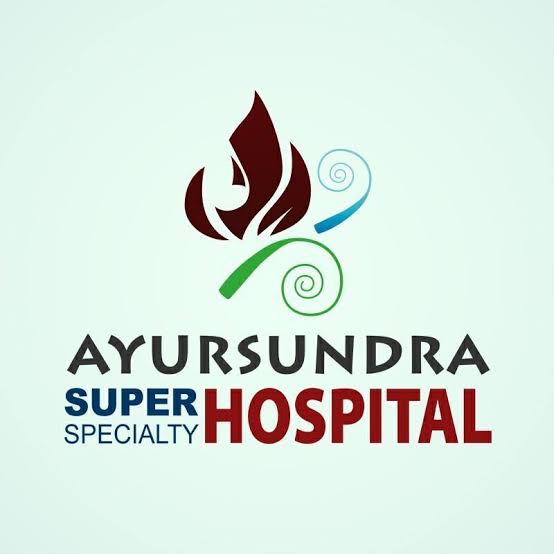
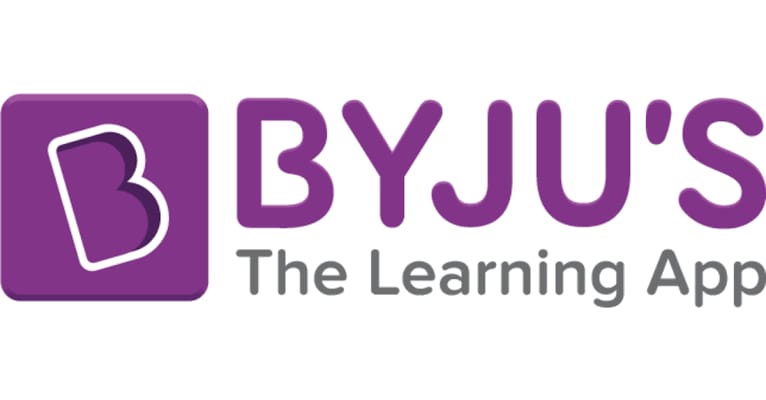

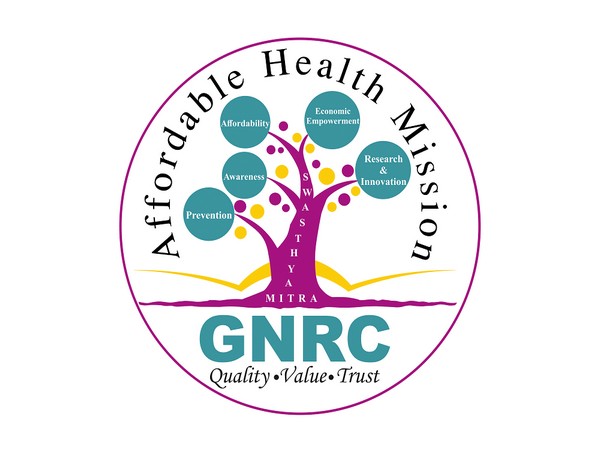





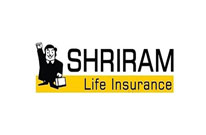




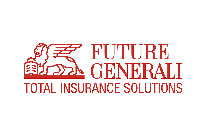

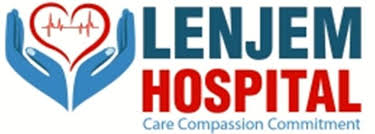
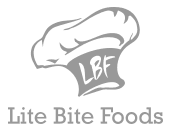




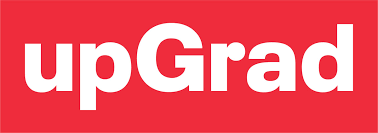



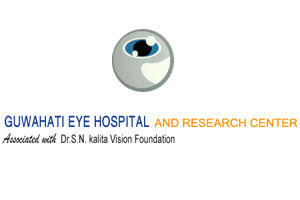



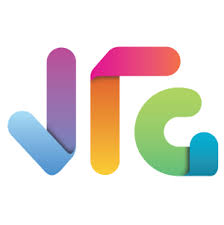

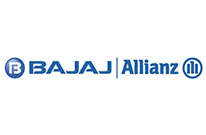



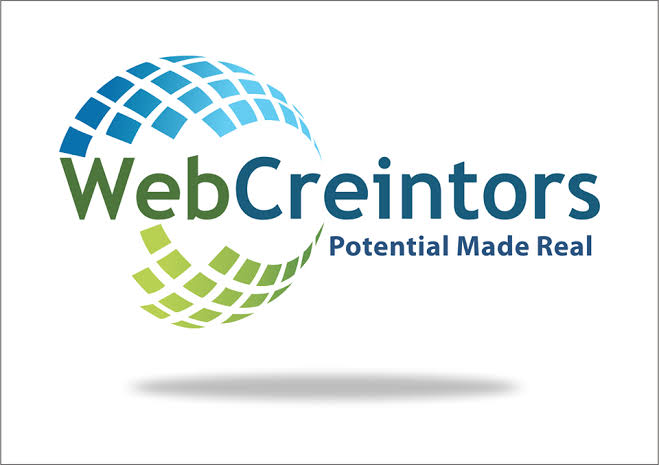



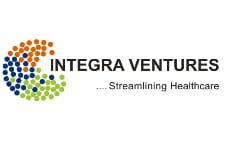



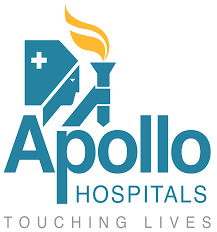




"I am a BBA student of 3rd semester. I hail from Bhutan. I vow that I am having a great experience i...
"AdtU is amazing. I am a BBA student of 2019-22 batch and I am just grateful for the amount of oppor...
Let us be grateful to the people and place who makes us happy. They are the charming gardeners whom ...
Currently I am pursuing MBA in Assam Down Town University. MBA is the professional course through wh...
AdtU is a university that focuses on giving knowledge, education and simultaneously making the stude...
The Assam downtown University has been a great learning experience. The university has provided me w...
My experience with AdtU has been splendid one indeed. Little needs to said about its scenic infrastr...
As a student I am very glad that I have got an opportunity to study here in Assam downtown universi...
My name is Sakhyajit Roy. I?m from Tripura. I joined the university on Auguest, 2017 as a student of...
I share immense pleasure to share my post graduate program experience in Assam down town University....
AdtU is a platform where I got golden opportunities to feed my zeal for knowledge through the dynami...
I am fortunate to get an opportunity to study here in Assam Downtown University. The best thing abou...
Our university is one of the best place for developing ourselves in the field of research and acedem...
ADTU is a university that is very good interms of infrastructure, academics and placements. Our tea...
It is one of best private colleges in North East India, it also provides a good environment for ed...
ADTU is a good University which provides the students with best quality lectures and ensures comfort...
The environment of Assam downtown university is very pleasant.The department of BMLT is very good a...
The university has all the necessary facilities and amenities for students . The classrooms and the ...
Assam downtown University is well recognised all over india. In the ongoing pandemic situation it ha...








